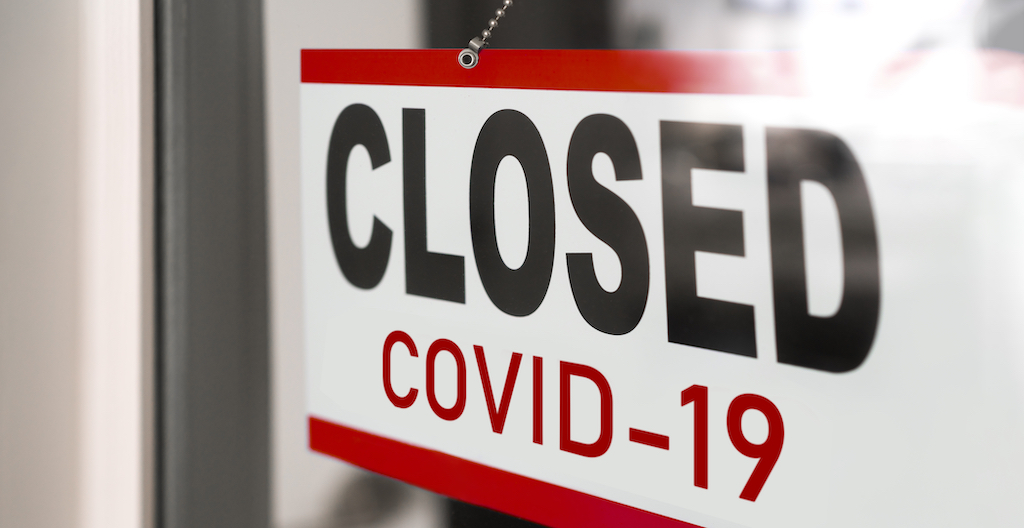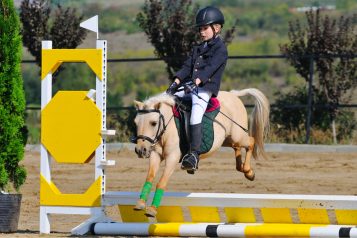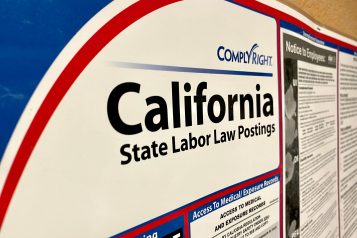
A recent court case in the State of Massachusetts between the coffee shop and eatery Caffe Nero and their landlord UMNV brought up an interesting topic in the legal landscape regarding the effects of the COVID-19 pandemic governmental lockdowns on leases and legal contracts. Due to the forced government shutdowns, Caffe Nero was unable to take customers or earn money and thus did not pay their rent from the period of March 24 to June 22, 2020. The cafe let the owners of their property know through a written letter that they were unable to pay rent during this time, but UMNV was unwilling to waive the rent. After no rent being paid for the month of April, the landlord issued Cafe Nero a cease and desist and evicted them from the premises in May. Caffe Nero was allowed to reopen in late June 2020 and remained open until October 2020, although still not paying rent. After many attempts to reach a compromise, Caffe Nero ultimately realized that UMNV wasn’t going to budge and they left the premises on October 29, 2020. Afterward, UMNV took them to court to collect back the monies in unpaid rent allegedly owed along with other fees and the remaining rent for the 15 years balance of the lease, though they scaled it back to a partial summary judgment on the issue of liability.
This is only the first of many cases of this kind that courts will soon be seeing due to the unprecedented effects of the COVID-19 and forced government closures that were effectuated on the nation. For this specific case, it all came down to one specific legal doctrine known as “frustration of purpose.” This doctrine states that a party to a lease or other contract is excused from performing their contractual obligations “when an event neither anticipated nor caused by either party, the risk of which was not allocated by the contract, destroys the object or purpose of the contract, thus destroying the value of performance.” Chase Precast Corp. v. John J. Paonessa Co., Inc., 409 Mass. 371, 374 (1991). In other words, if something unforeseen, such as a pandemic forcing the closure of all restaurants, frustrates the main purpose of the contractual lease between Caffe Nero and UMNV, the lessee is not liable to perform on the contract.
Therefore, despite what UMNV thought they had covered in the lease, the court disagreed with their claim of money owed from Caffe Nero during the mandated government shutdown in 2020. Since the eviction and termination of the lease also happened in that time frame they were also considered not effective and void. The last line of the court’s opinion said it best “Plaintiff’s motion for partial summary judgment is otherwise denied.” The unpaid rent of June 2020 – October 2020 has not yet been determined and could not be determined at that summary judgment, and will be decided at a later date.
Haute Lawyer Glenn Udell of BUPD Law gives his opinion on the matter:
“Cases such as this point out that no matter what parties contractually agreed upon, courts are willing to invoke equitable remedies to provide relief to parties who have been adversely affected by forced government shutdowns and shelter in place orders. Lawsuits such as this will be working their way through the legal system over the next 6-24 months. If you have an issue with a contract as a result of COVID-19, you should seek the advice of a trained legal professional.”


















